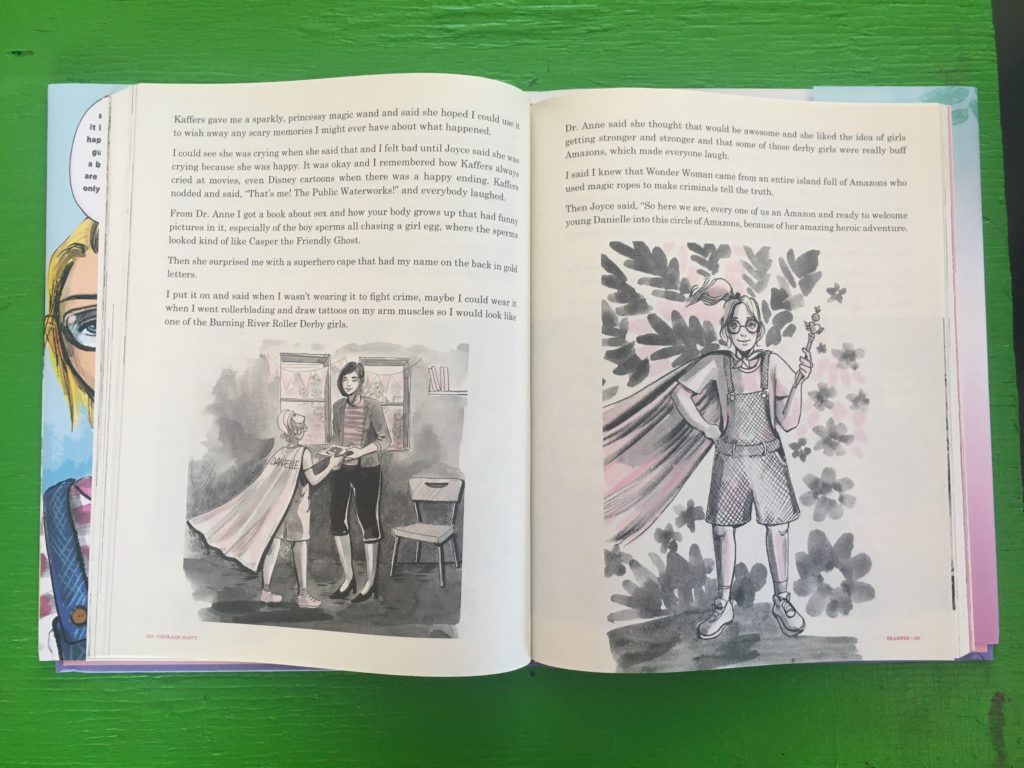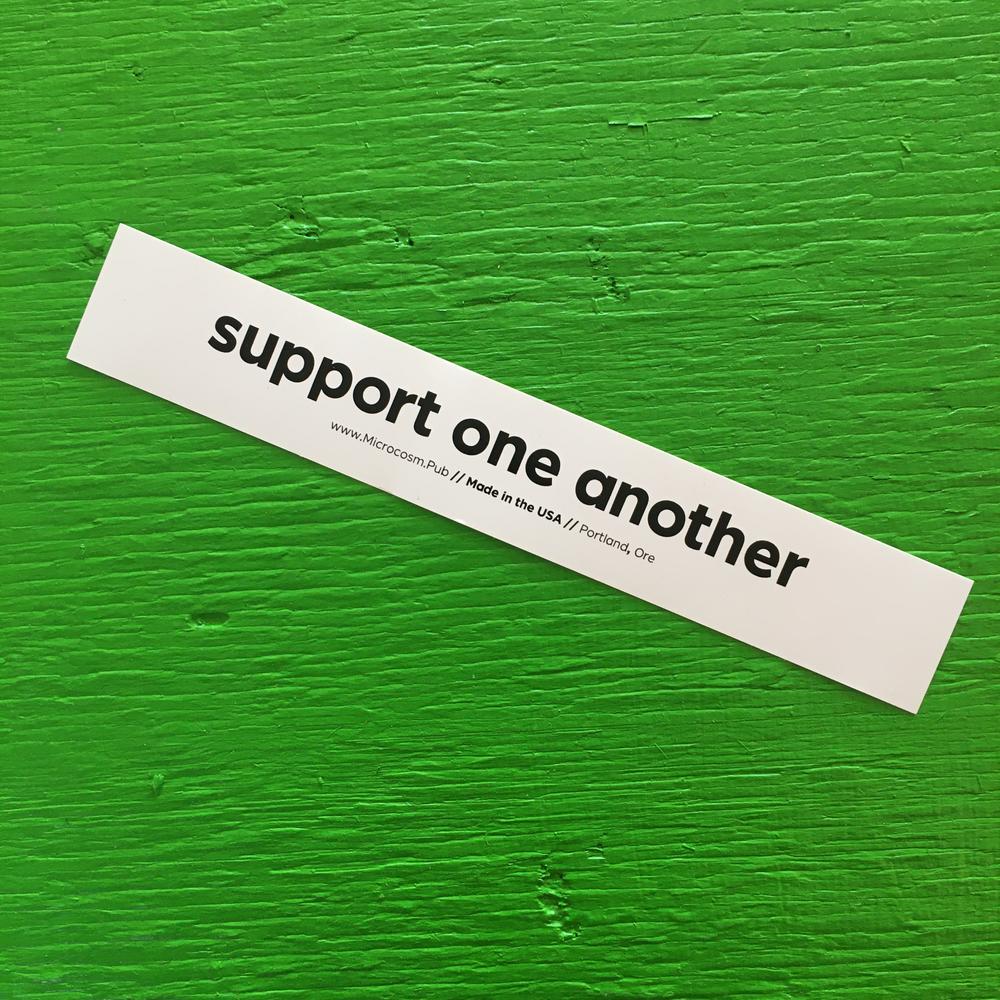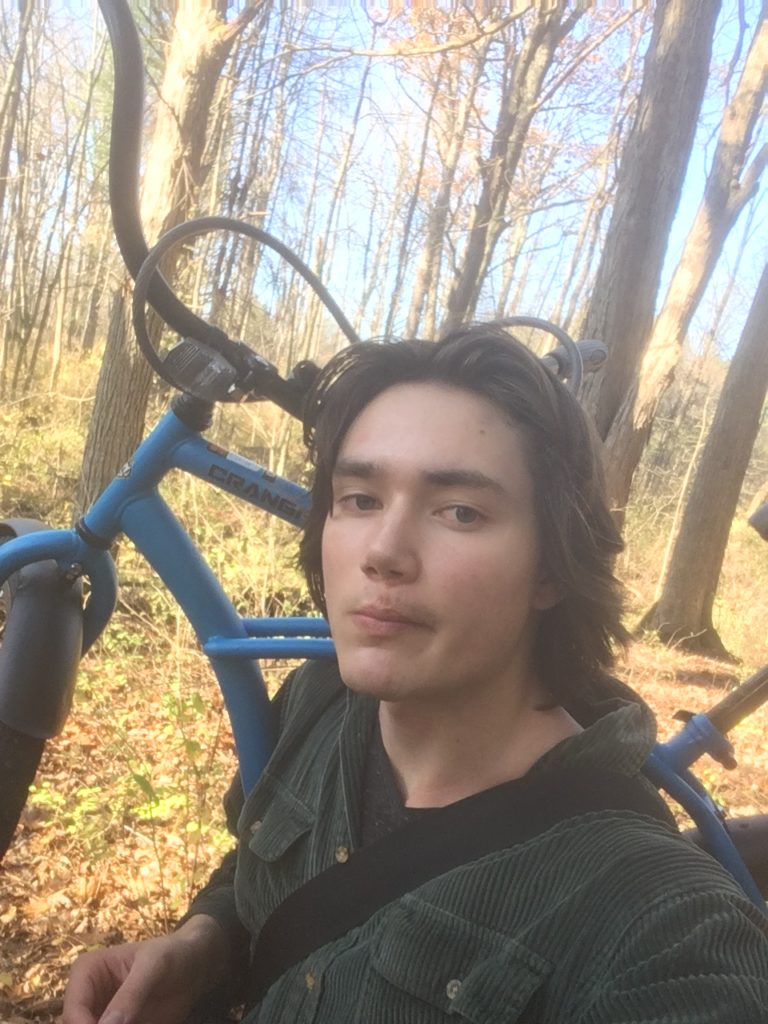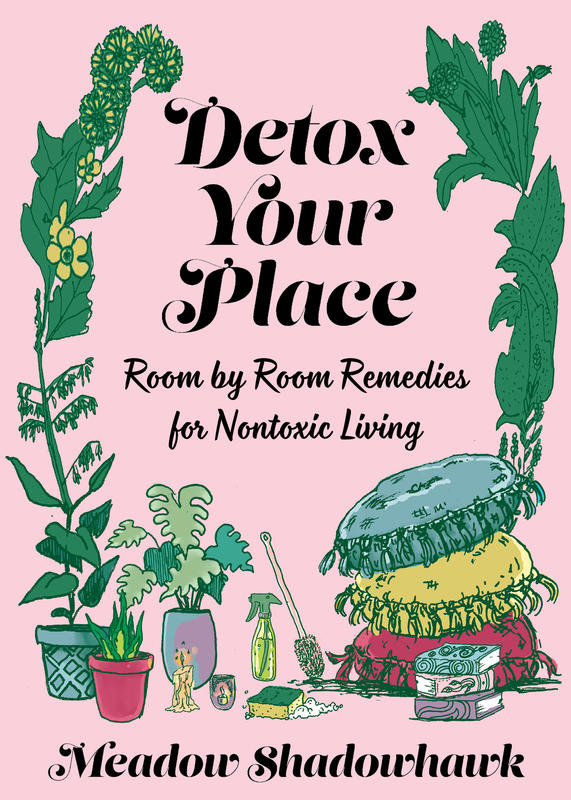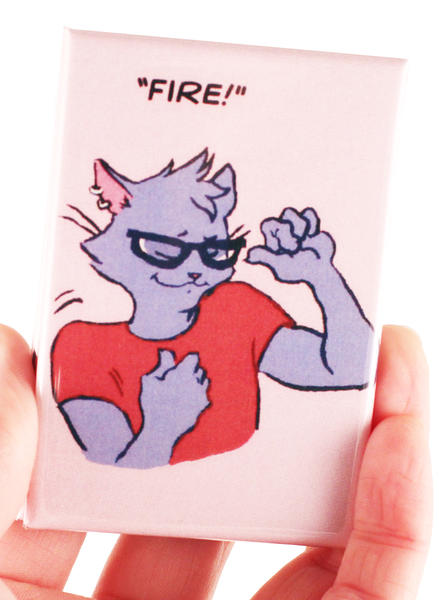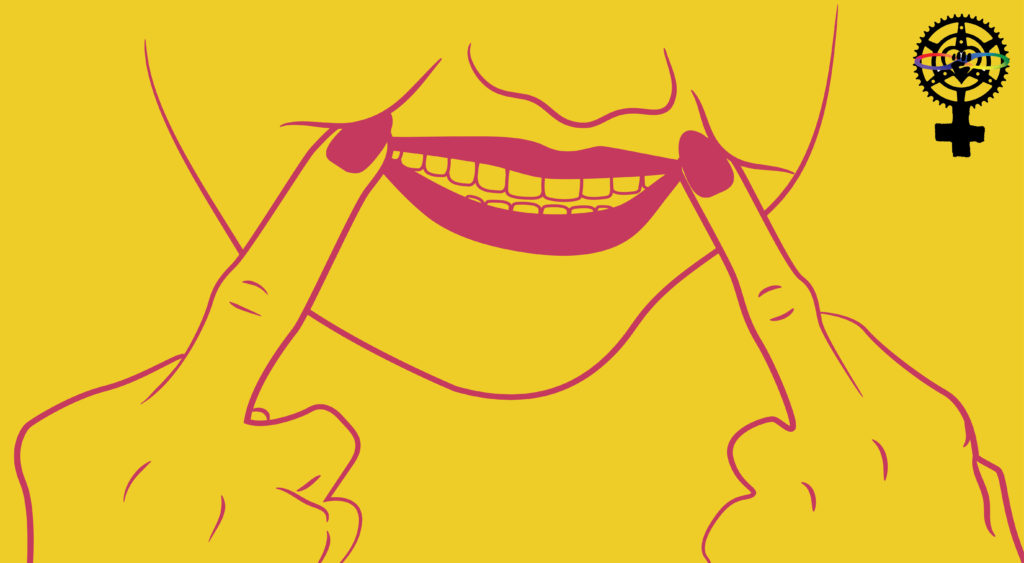No Time to Be Ashamed: A review of Courage Party
Microcosm interns each have the opportunity to choose one of our books to review. Veda, one of our winter 2020 interns, chose to review The Courage Party, Joyce Brabner’s new illustrated book for young people about dealing with sexual assault. The Courage Party officially comes out in August, but we’re shipping directly from our warehouse now.
Content note: This review contains non-explicit discussion of child sexual abuse being poorly handled by authorities
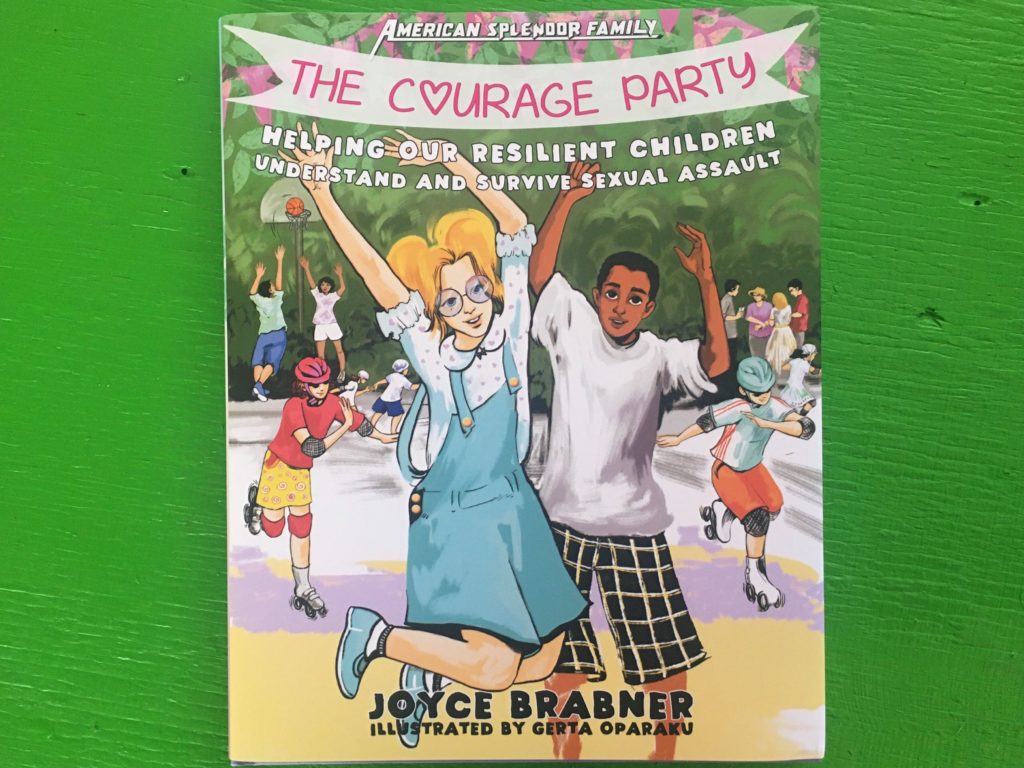
“I wish this book had existed when you were little.”
My mother and I began to cry over dinner as I explained to her the premise of Joyce Brabner’s new book, The Courage Party. We got a few odd looks from the waiters and a few tears on our plates, but most importantly we got to reopen a conversation that had been shut for too long.
The Courage Party falls somewhere between a graphic novel and a children’s “chapter book”. It tells the true story of a child, Danielle, who is sexually assaulted and all of the actions she takes after the assault to combat and heal after experiencing the crime that was committed against her. In her story, she is seen as a “crime fighter” and not as a “victim” or a “survivor.” Her community celebrates her bravery by throwing her a “Courage Party,” Which is really something every crime-fighter deserves.
You might be thinking “that’s some heavy stuff, why would someone write about that? And why would you volunteer to write about them writing about it???” Because the topic of sexual assault should be normalized as the violent crime that it is. So when a child goes through something as painful and traumatic as sexual assault, they know that it is:
- A crime
- Not their fault
- DEFINITELY not something they should feel ashamed of.
I want people to feel confident in reporting the crime, sharing their stories, and finding good support systems. There is no space to ask for help when you’re stuck in silence.
Before I begin the actual review, I think it’s important for you to have context to why my opinions may be the way they are.This review will be from a very particular and connected perspective, as I have personal experience with sexual assault. Reading Danielle’s story encouraged me to open up my feelings and the conversation surrounding my experience again, so as to start clearing out some of the residual shame. Because there’s no time to be ashamed when you tried your best to fight some crime.
When I was 9, I was repeatedly sexually assaulted by a member of what, at that time, was my family. Luckily my mom was a “good grownup” (as Joyce calls trustworthy adults in the book) and she immediately sprang to action. Unfortunately, the system is not always perfect and after months of legal struggle, I ended up living once again with my abuser. At this point in my life, I look back on that time period and wish I had more resources in knowing how to speak up for myself. But I have to remind myself, and anybody else, that it’s never too late to do some healing work, and now as an adult, after reading Courage Party, I’m ready to talk about it again.
So why is Courage Party is so important to me? Why should it be important to you?
If this book had been on the shelf when I was a child, I would’ve been able to see that I could empower myself in the situation, and be in control of what happened after I reported it. If my parents had read this book aloud to me as a child, maybe they would’ve recognized what was happening and stepped in sooner. From the perspective of someone who has been in Danielle’s shoes, this book has the ability to not only show children they have the ability to have a sense of control in the legalities after the assault, but also has the power to retract the shame that society connects not only to the perpetrators of this crime, but also the survivors (or, as Danielle calls us, crime fighters).
To the people who I hope will read this book, the children and their parents together, I know a lot of Danielle’s internal monologue may seem far fetched. It may be shaken off as ‘just a kid thing’ or something silly and added for effect. But I want you to know, her thought process during the assault gave me the ability, now as an adult, to be able to express and identify how I felt at the age of nine. Joyce and Danielle took all of the thoughts I was ashamed of having and put them on the page in a non-judgmental way. For example, the attention during the grooming process of the assault feeling simultaneously good and uncomfortable. You want to be loved by the person who has the upper hand. You want to be special in their eyes. That feeling is seen as so shameful and never to be spoken of, not even to therapists and caseworkers. There was an aspect to these feelings that I didn’t recognize was helping me invalidate my own trauma. Joyce normalized all of these feelings by putting them in public, not just behind a closed door with a therapist.
This book will be different for adults who can identify with Danielle, though it was written for children who have been through this kind of violence, I strongly suggest for the adults who have experienced sexual assault in their past, to flip through it. It was incredible to hear the experience through the narrative of a child who was supported in an ideal way, and given the opportunity to take part in each stage of crime fighting. The feeling will be therapeutic, I promise.
Aside from my overwhelming support of this project, I did have a couple, more personal, moments of doubt about Courage Party, but they were quickly resolved. At first, there seemed to be a lack of commentary on different types of sexual assault and an overemphasis on “stranger danger.” From the moment Danielle is praised for physically defending herself against her attacker, I felt once again, a sense of invalidation for not defending myself in such a straightforward way. I wanted more representation of different kinds of trauma responses besides just immediately fighting back. I wanted to see children called “crime-fighters” even if they responded to their assault with a flight, fawn or freeze response. According to the Darkness to Light Organization, 90% of children who have been sexually assaulted know their abuser before the attack and when there is no element of ‘stranger danger’ the fight response is not very common.
The book quickly redeemed itself in this aspect, including more diverse experiences later on, during the actual Courage Party. When multiple women shared stories of sexual assault from their lives. There was a wide range of responses, outcomes and ages. The best part was all of these older women were finally getting credit for their strength, no matter how they reacted during the assault. This was the part of the book which truly brought me to tears, I felt like I was having my own, better late than never, courage party.
Besides just validation of strength from the close community, I was shocked at how well the legal processes went for Danielle. I was overjoyed for Danielle, it’s not how the system usually works. From the first interaction she had with law enforcement to the trial, every adult seemed kind and supportive and helped her advocate for herself each step of the way.
It was great to hear it worked out for her.
For me personally, my case never went to court. It was as if the whole Judicial system wanted to “sweep it under the rug.”
So of course, reading Courage Party, there was a disconnect from what I experienced as my reality. That’s when I realized that this book isn’t necessarily written keeping me, or other adults like me, in mind.
This is written for kids who need help working through sexual assault in the present moment. It’s for children who need the extra support to be able to speak up, and it’s for parents to learn how to be supportive in all the best ways. Danielle’s story is the perfect conduit for getting this through to them. This is not just a storybook, it is a how-to book that holds more weight than anything else on the shelf. Joyce, Danielle, and Gerta want to show children the best things to do in these situations, we want them to fight back, we want them to tell a trusted adult right away, and we want them to trust that law enforcement will in fact help, when you ask for it. We want kids to feel empowered and be able to take back the control they lost. Though it may not always work out as simply as this in reality, it’s important to represent the best-case scenario for children in danger. We want them to kick and scratch, we want them to run to safety. We want them to be able to tell their story as much, or as little as they want. It doesn’t matter that my experience and Danielle’s didn’t align perfectly, this book isn’t about relatability, it’s a guide for self-protection.
On a final note, I would like to address the parents who will say it’s an inappropriate topic for their children; people can come face to face with sexual assault at any age. So instead of leaving our kids confused, scared and unable to identify the violence being inflicted upon them, let’s take age limits of life saving resources and give children the tools and knowledge they need to be able to know that your body belongs to yourself, and you get to choose what you want to do with it.
So thank you so much to Danielle Batone and Joyce Brabner, for being so powerful. Thank you to Gerta Oparaku for illustrating their story along the way. Thank you to Microcosm for getting this into the world. For representing and emphasizing the strength it takes to be a crime fighter, and using your personal lives to inform and educate the coming generations. I want to end this review with a strong recommendation for families with children to purchase this title, it is important to raise awareness around the topics that bring with them discomfort. Focus on why you feel unable to have an open discussion about sexual assault with your children, question that feeling and response and ask for help from your community. To quote from the “For Grownups’’ section of the book, “In our own way, we had “normalized” something terrible. This didn’t make it okay, but it kept trauma from digging in under her skin and developing like a life-destroying cancer.” Talking about, and releasing the stigma of childhood sexual assault, does not make it okay, or any less horrible, but it does make it less shameful for the people who have experienced it, and most importantly, educates and destigmatizes the crime for the children and families faced with it. It’s time to open up the conversation on sexual assault to everyone who could be, or has been, affected. No more secrets.
Get your own copy of Courage Party from Microcosm now.
